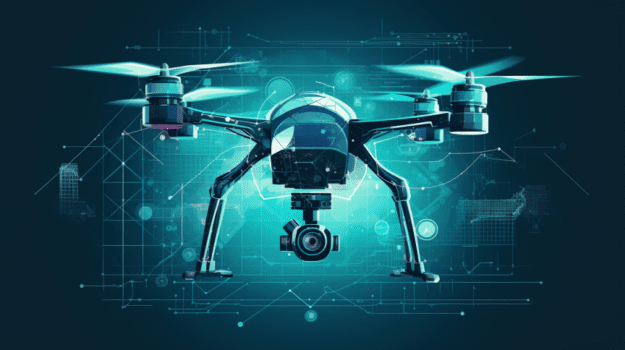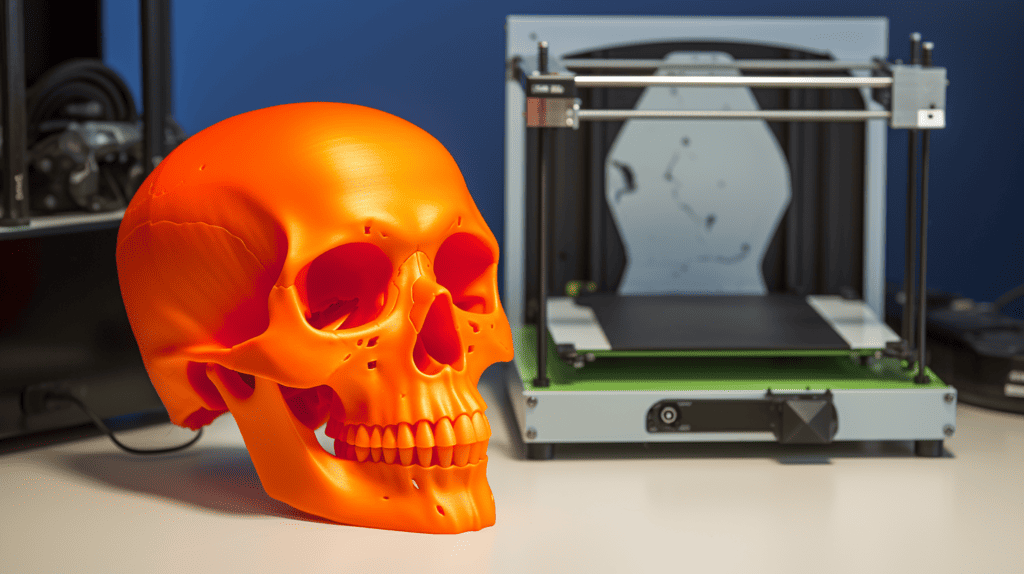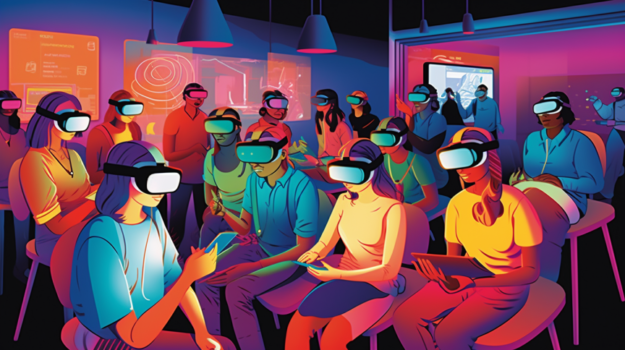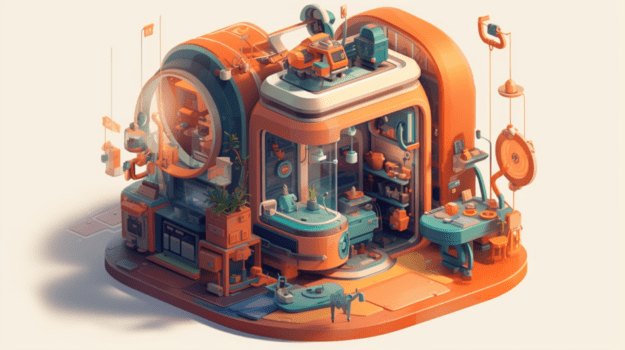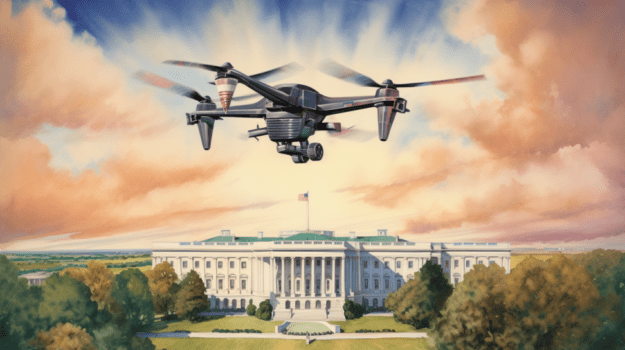Introduction
Drones have become increasingly popular among photographers who want to capture stunning aerial images and videos. The vast array of options on the market, however, can make choosing the right drone quite overwhelming. In this guide, we will provide you with a comprehensive approach to selecting the perfect drone for your photography needs.
Part 1: Understanding Your Photography Goals
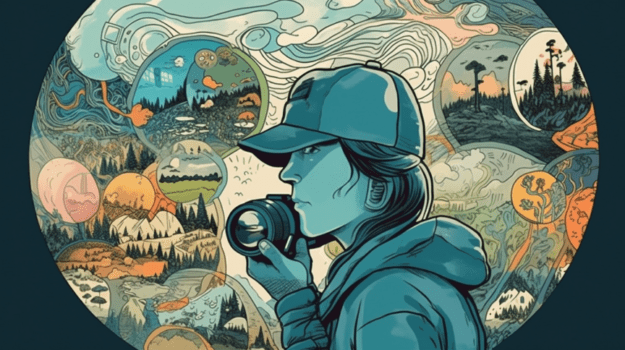
Before choosing a drone, understanding your photography goals is crucial. Consider the following key factors:
Assessing Your Skill Level: Beginner, Intermediate, or Advanced?
Drones come in different shapes, sizes, and complexities. Therefore, assessing your skill level will help you choose the right drone model that matches your technical expertise.
Defining Your Photographic Style: Landscape, Portrait, Action?
Your photographic style will influence how you use your drone. For instance, those interested in landscape photography will require a drone with a wider field of view, while action photographers may require a drone with sport mode.
Identifying Your Aerial Photography Needs: Videos, Photos, or Both?
Whether you will be taking photos or videos, or both, will determine the type of drone and camera specifications that will meet your needs.
Part 2: Choosing the Right Drone Specifications
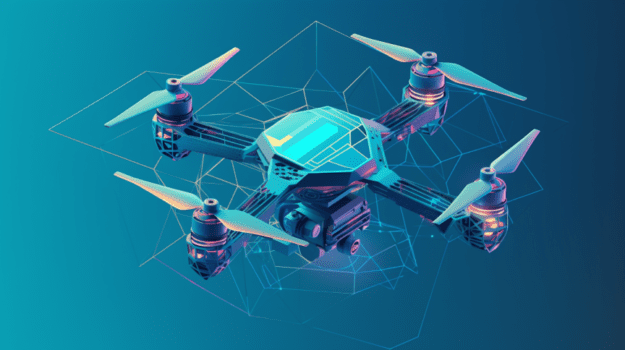
Choosing the right drone specifications requires a bit of technical knowledge. Here are key factors to consider:
Drone Types: Quadcopters, Fixed-wing, Single Rotor
The most common type of drones are quadcopters, which are easier to fly and offer a variety of features and camera options. Fixed-wing drones, on the other hand, can fly longer distances but come with a steeper learning curve.
Camera Quality: Sensor Size, Resolution, and FPS
The camera quality is a significant factor in choosing a drone. Consider the sensor size, resolution, and frames per second (FPS) to capture high-quality images and videos.
Flight Time and Battery Life: How Long Do You Need to Be In The Air?
Flight time and battery life can affect your photography sessions, so choose a drone that provides enough flight time for your needs.
Range and Control: How Far and Precise Do You Need To Be?
The range and control of a drone are crucial for aerial photography, so ensure you choose an efficient drone that meets your range needs.
GPS Features: Navigation, Altitude Hold, Headless Mode
GPS features are essential because they help you navigate your drone more effectively. Choose a drone that offers altitude hold, headless mode, and accurate navigation.
Part 3: Safety and Legal Requirements
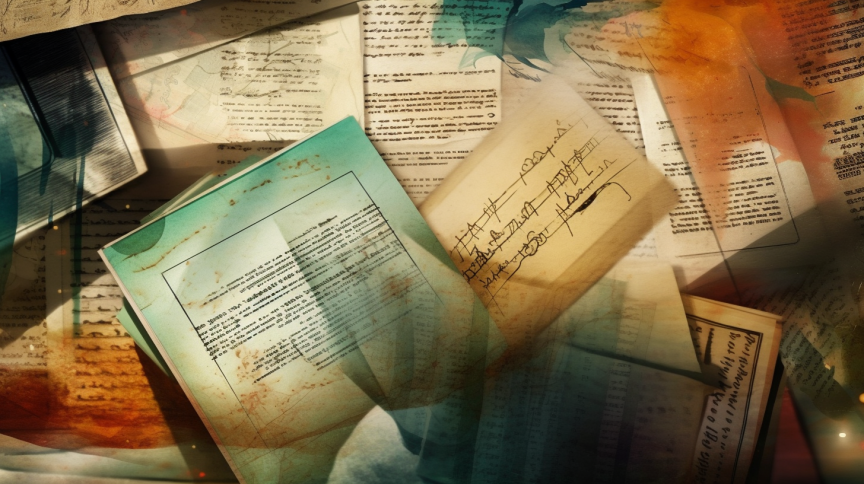
Flying drones comes with legal and safety concerns. Consider the following:
Local and National Regulations: Registration, Clearance, and Permissions
Each country has its own set of regulations to operate drones. Ensure you are aware of the local and national regulations regarding drone use.
Weather Considerations: Wind, Rain, Temperature
Weather conditions can affect the performance of your drone, so consider the weather when selecting a drone.
Safety Features: Obstacle Avoidance, Return-to-home, and Emergency Landings
Safety features are essential for any drone user. Choose a drone that features obstacle avoidance, return-to-home, and emergency landing.
Part 4: Best Drones for Your Photography Goals
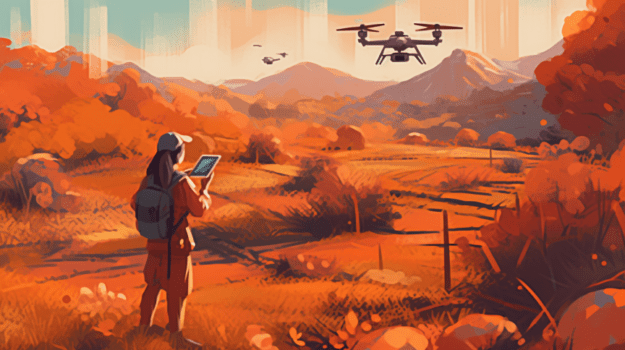
Based on your photographic goals, here are a few suggestions for the ideal drone:
Best Drones for Beginners
DJI Mavic Mini, DJI Spark, Syma X5C, Holy Stone HS100D, and Hubsan H501S are beginner-friendly drones with easy-to-use features with a pocket-friendly price.
Best Drones for Landscape Photography
DJI Mavic 2 Pro, DJI Phantom 4 Pro, Autel Evo II, and Parrot Anafi are some of the best drones for landscape photography. They offer high-quality cameras, excellent range, and GPS features for accurate navigation.
Best Drones for Portrait Photography
DJI Mavic Air 2, DJI Mavic 2 Zoom, and Autel Evo II are excellent options for portrait photography. They offer precise control over the camera, and features like tracking mode to ensure your subject stays in focus.
Best Drones for Action Photography
DJI Mavic Air 2, DJI Mavic 2 Pro, and GoPro Karma are perfect for action photographers. They have sport modes for fast-moving subjects and can capture high-quality footage.
Best Drones for Filmmaking
DJI Mavic 2 Pro, DJI Inspire 2, and DJI Phantom 4 Pro are some of the best options for filmmakers. They offer outstanding camera quality, accurate flight control, and advanced features for cinematic shots.
Best Drones for Professional Photographers
DJI Inspire 2, Matrice 600 Pro, and X7 are some of the best options for professional photographers. They offer high-end features, like interchangeable lenses and full-frame cameras, for professional-level aerial photography and videography.
Part 5: Choosing Additional Accessories
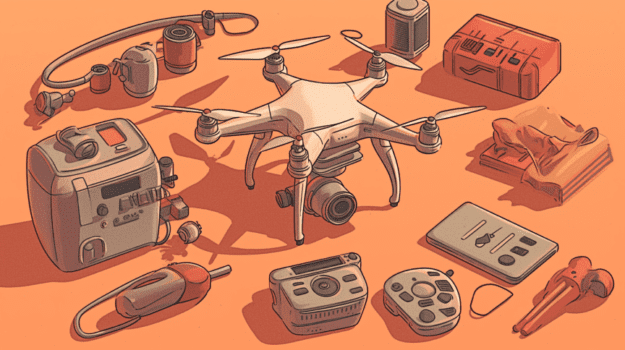
Choosing additional accessories can help complement your photography and ensure your drone stays safe. Consider the following:
Drone Bags and Protective Cases
Ensure your drone stays safe with quality drone bags and protective cases.
Extra Batteries and Chargers
Have extra batteries and chargers for long flight sessions.
Propeller Guards
Propeller guards are essential in ensuring the safety of those around you and your drone.
External Camera Filters
External camera filters can help enhance photo and video quality by adjusting lighting, contrast, and brightness.
Part 6: Conclusion and FAQs
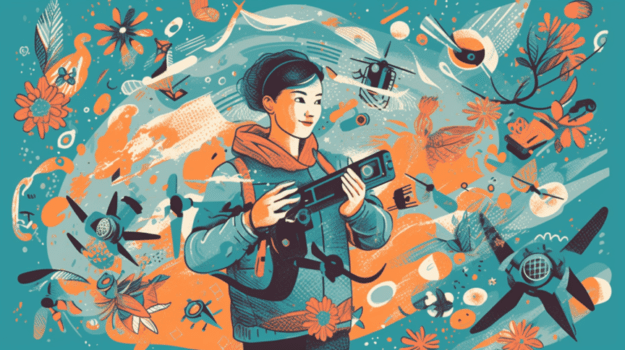
By understanding your photography goals, drone specifications, and legal requirements, you can choose the right drone that will help you enhance your aerial photography skills. Here are some FAQs:
Summary of Key Points
Don’t forget to assess your skill level, photographic style, and decide your photography needs before choosing a drone. Also, consider the specifications and safety regulations when selecting a drone.
Common FAQ: What about cost?
Drones come at various price ranges. Choose one that matches your skill level and budget.
Common FAQ: Where Can I Find Local Laws and Regulations?
You can find local and national drone regulations on government websites.
Common FAQ: What If I Want to Fly In Another Country?
Do thorough research on the drone regulations in the country you plan to visit before flying your drone.
In conclusion, whether you are a beginner, intermediate, or advanced photographer, there is a drone out there that can meet your needs. Remember to understand your photography goals, pick the right drone specifications, and follow legal requirements to enhance your aerial photography skills.

